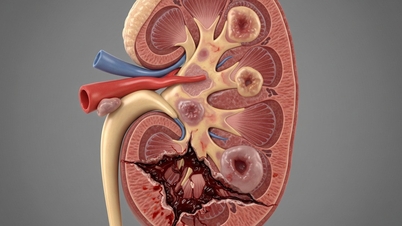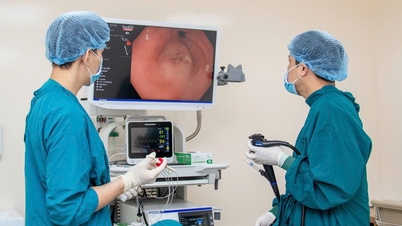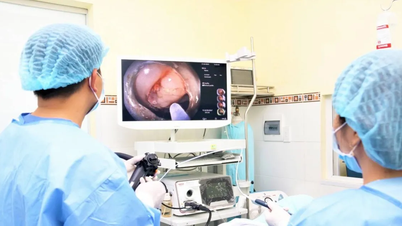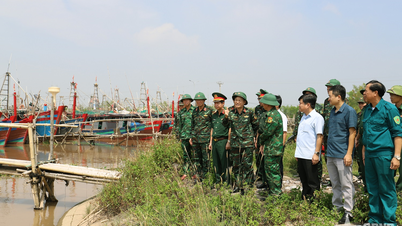The World Health Organization (WHO) recently announced a positive case of Middle East Respiratory Syndrome coronavirus (MERS-CoV) in Abu Dhabi (United Arab Emirates - UAE).
Middle East respiratory syndrome (MERS) is a severe acute respiratory illness caused by the MERS coronavirus (MERS-CoV).
 |
| Illustration photo: t5g.org.vn |
Accordingly, the 28-year-old male patient was hospitalized on June 8 and tested positive for MERS-CoV on June 23 in Abu Dhabi. According to the World Health Organization (WHO), there is no sign that this man had contact with dromedary camels - the main host of MERS-CoV, and also the source of MERS infection from animals to humans.
Medical staff have monitored and tested 108 people the patient had come into contact with, but so far no secondary infections have been detected.
WHO did not provide further details about the patient's current condition.
According to WHO data, MERS cases present with symptoms such as fever, cough and difficulty breathing, which in some cases can lead to pneumonia. Since 2012, there have been 2,605 cases of MERS, including 936 deaths, in 27 countries around the world.
WHO reminds countries to continue surveillance for acute respiratory infections, including MERS. WHO does not currently recommend special screening for MERS at points of entry due to these cases, nor is it advising against any travel or trade restrictions.
NGAN GIANG
Source


![[Photo] Prime Minister Pham Minh Chinh launched a peak emulation campaign to achieve achievements in celebration of the 14th National Party Congress](https://vphoto.vietnam.vn/thumb/1200x675/vietnam/resource/IMAGE/2025/10/5/8869ec5cdbc740f58fbf2ae73f065076)
![[Photo] Prime Minister Pham Minh Chinh chairs the Government's online conference with localities](https://vphoto.vietnam.vn/thumb/1200x675/vietnam/resource/IMAGE/2025/10/5/264793cfb4404c63a701d235ff43e1bd)




















































![[VIDEO] Summary of Petrovietnam's 50th Anniversary Ceremony](https://vphoto.vietnam.vn/thumb/402x226/vietnam/resource/IMAGE/2025/10/4/abe133bdb8114793a16d4fe3e5bd0f12)

![[VIDEO] GENERAL SECRETARY TO LAM AWARDS PETROVIETNAM 8 GOLDEN WORDS: "PIONEER - EXCELLENT - SUSTAINABLE - GLOBAL"](https://vphoto.vietnam.vn/thumb/402x226/vietnam/resource/IMAGE/2025/7/23/c2fdb48863e846cfa9fb8e6ea9cf44e7)





































Comment (0)